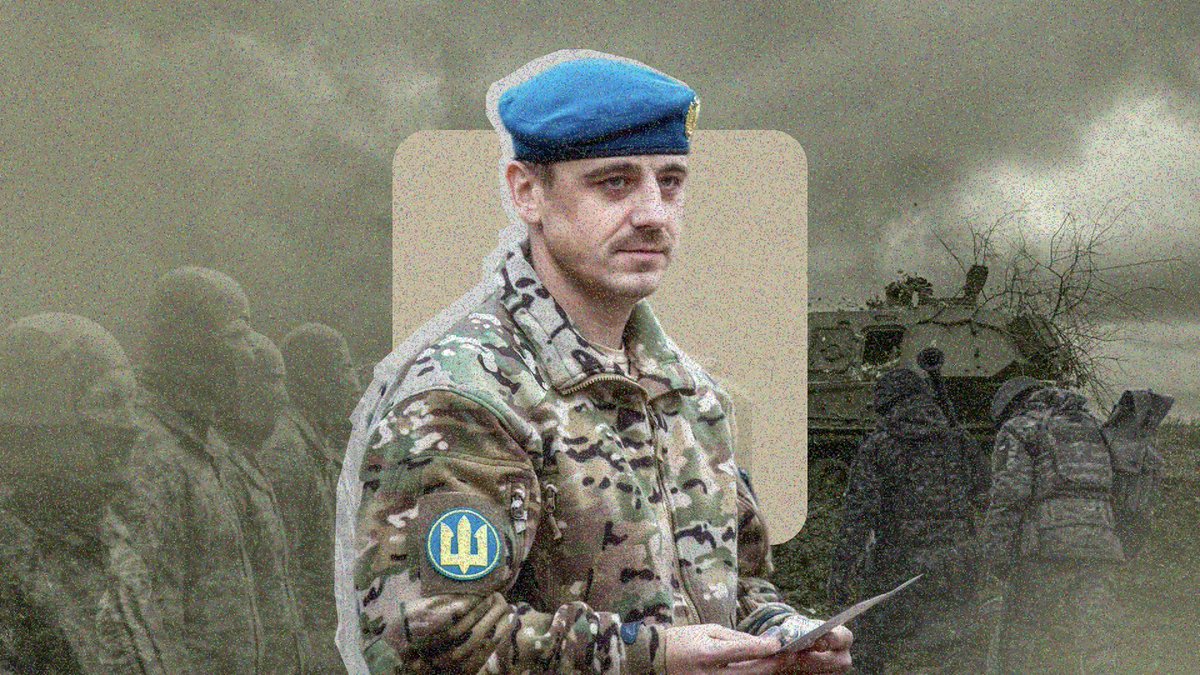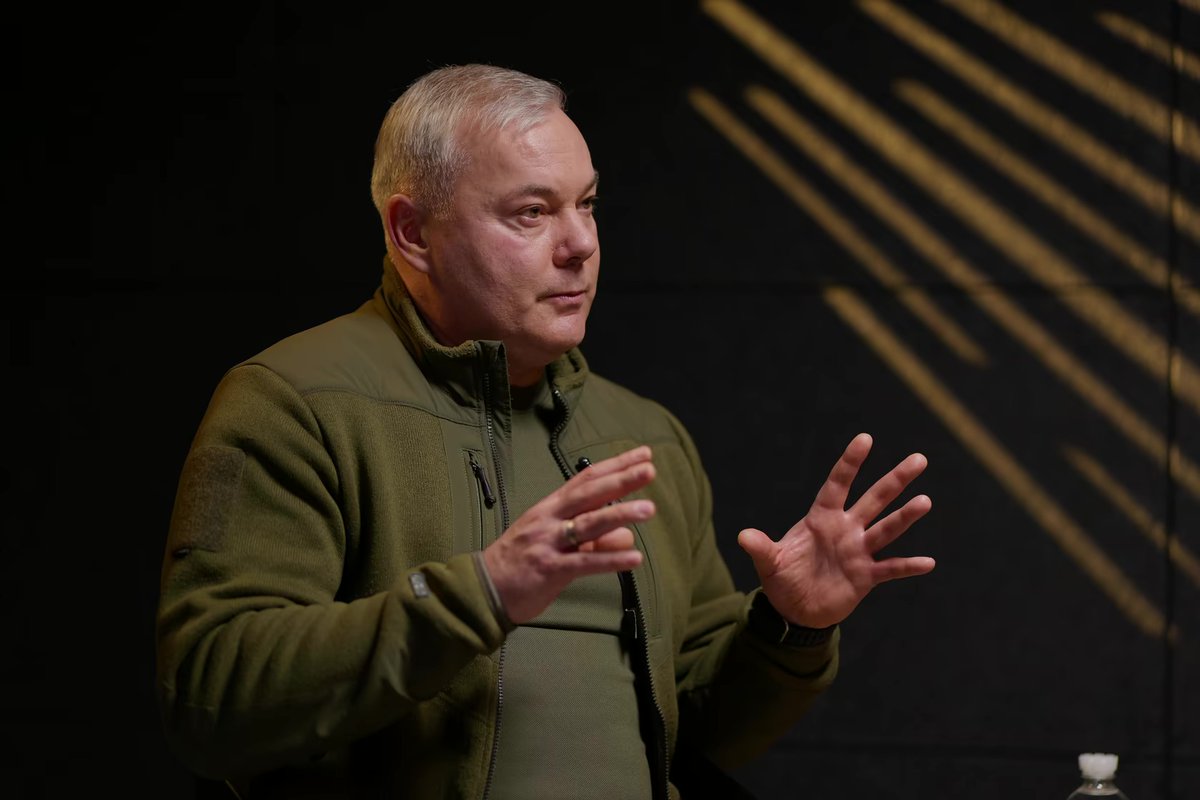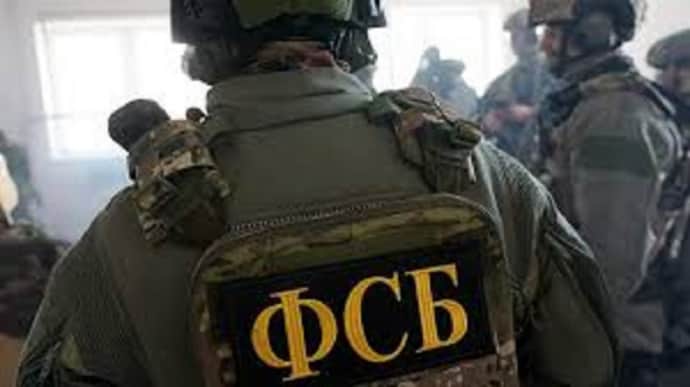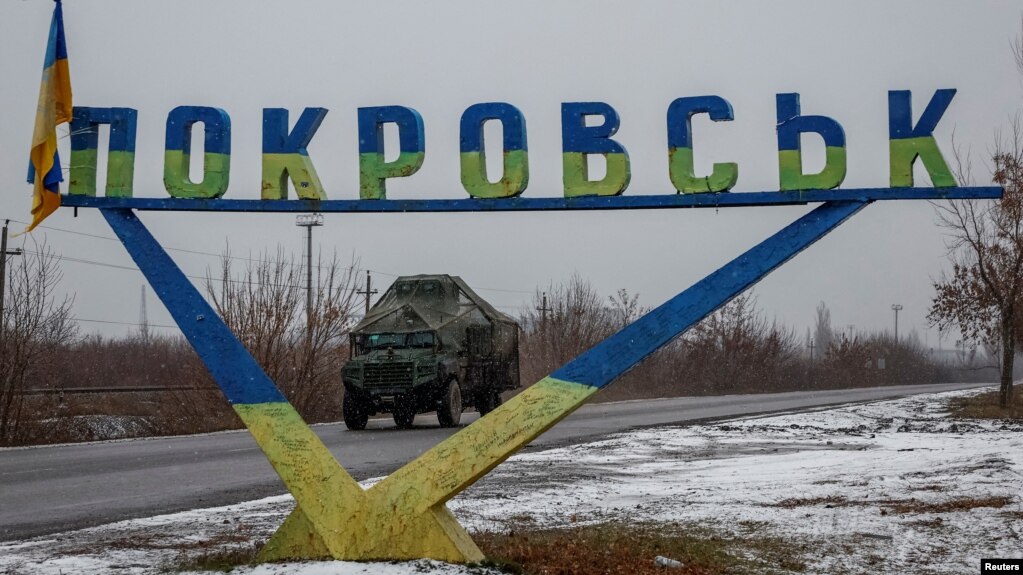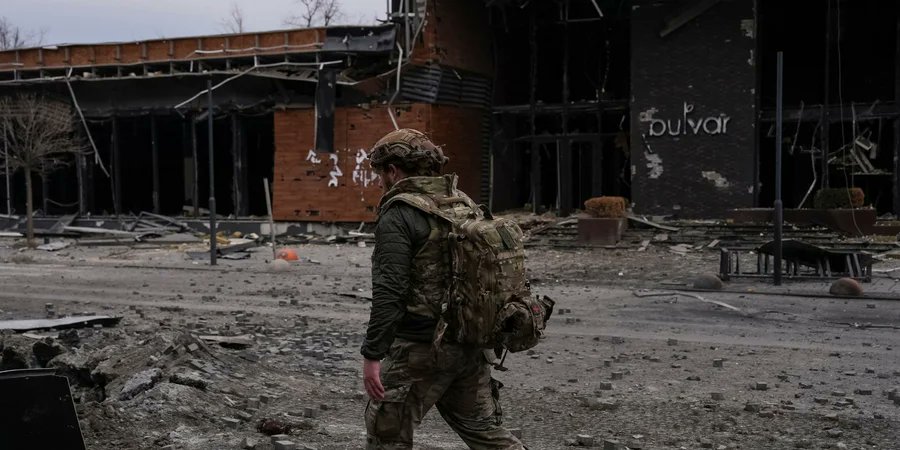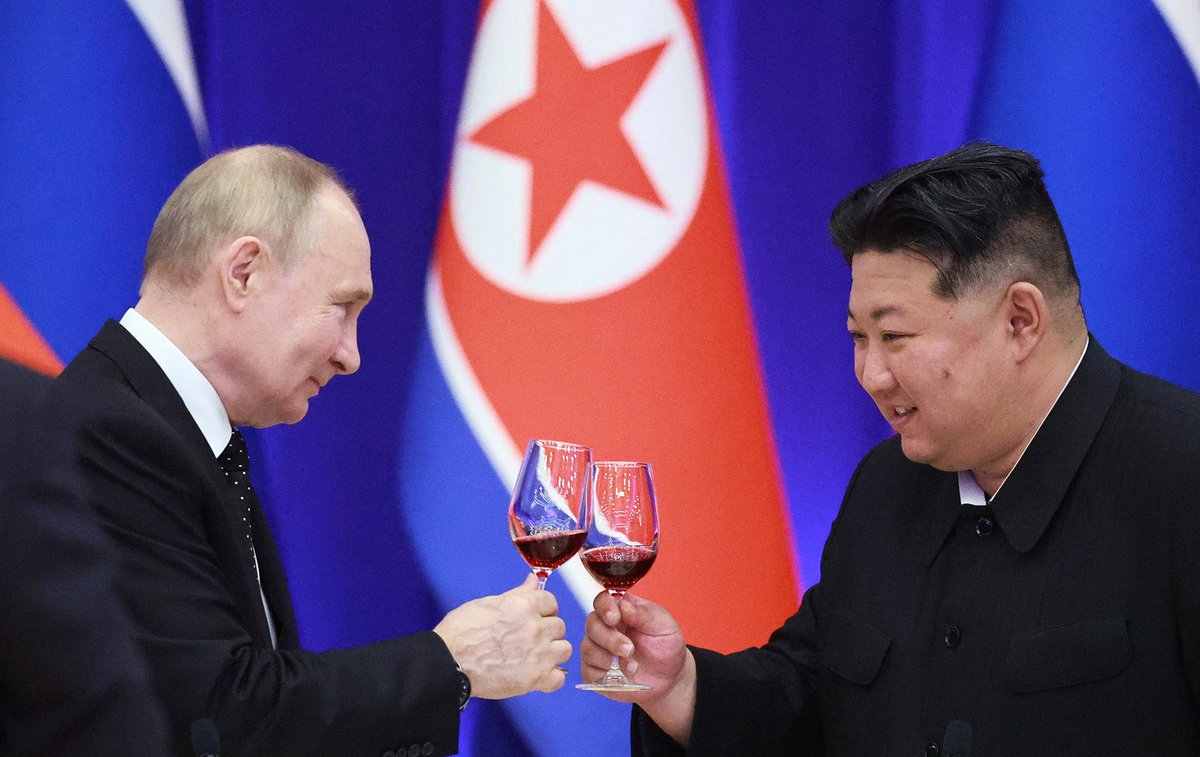It's seems relevant to go back and examine the EU brokered peace deal - the Six Point Plan - between Georgia and Russia in 2008, following several days of war:
Point 1 - No use of force:
In the war’s aftermath, cease-fire violations by Russia led to continued violence. 1/9⬇️
Point 1 - No use of force:
In the war’s aftermath, cease-fire violations by Russia led to continued violence. 1/9⬇️

Since 2008, Russian occupation forces have repeatedly killed, wounded, or illegally detained Georgian citizens near the occupation line. 2/9
Point 2 - cessation of hostilities: After declaring a unilateral ceasefire on August 11, 2008, Georgia ceased hostilities, but Russia continued its advance, seizing Akhalgori and the Kodori Gorge. Today, Russia occupies about 20% of Georgian territory. 3/9
Point 3 - humanitarian aid
Despite the agreement, humanitarian aid was limited to Russian-controlled routes. Russian occupation forces frequently blocked crossing points, worsening the humanitarian situation on the ground. 4/9
Despite the agreement, humanitarian aid was limited to Russian-controlled routes. Russian occupation forces frequently blocked crossing points, worsening the humanitarian situation on the ground. 4/9
Point 4 - return of Georgian armed forces to their usual quarters: Georgian forces returned to their pre-conflict bases, resuming their positions before the outbreak of hostilities. 5/9
Point 5 - Russian armed forces to withdraw to the positions held before hostilities began in South Ossetia:
Russia not only violated this principle but also intensified its military presence in the occupied territories. 6/9
Russia not only violated this principle but also intensified its military presence in the occupied territories. 6/9
Permanent military bases were established in both Tskhinvali region/South Ossetia and Abkhazia, with deployments comprising regular army troops, border guards, and FSB personnel. 7/9
Point 6: Launch of international discussions on security and stability arrangements for Abkhazia and South Ossetia: On August 26, 2008, Russia recognized Abkhazia and South Ossetia as independent states. 8/9
Moscow subsequently signed several military and economic agreements with the de facto authorities of both regions. Additionally, Russia has launched a campaign aimed at securing international recognition for Abkhazia and South Ossetia. 9/9
• • •
Missing some Tweet in this thread? You can try to
force a refresh



